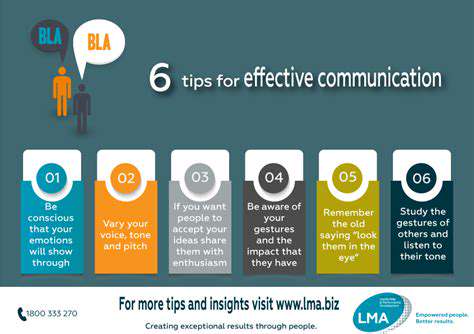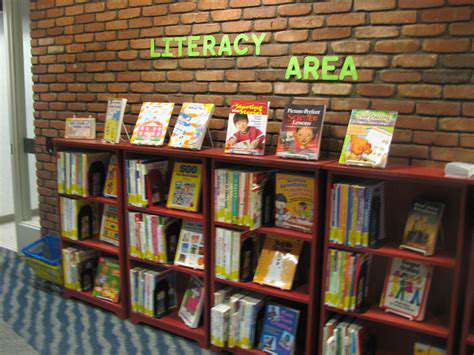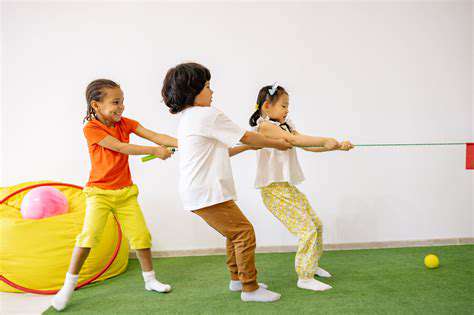Gross Motor Skill Development: Active Play for Growing Bodies

Long-Term Benefits of Fostering Active Play Habits
Enhanced Gross Motor Skill Development
Fostering active play habits from a young age lays a crucial foundation for the development of gross motor skills. These skills, encompassing large muscle movements like running, jumping, climbing, and throwing, are essential for overall physical coordination and dexterity. Regular engagement in active play provides ample opportunities for children to practice and refine these fundamental movements, leading to improved balance, agility, and spatial awareness.
Engaging in active play activities builds strength and endurance in the large muscle groups. This contributes to improved physical fitness and a lower risk of developing health problems associated with a sedentary lifestyle in later life. The continuous practice and repetition of gross motor actions during play are vital for refining these skills, leading to greater efficiency and control.
Improved Cardiovascular Health
Active play is intrinsically linked to cardiovascular health. The increased heart rate and breathing rate during play activities contribute to the strengthening of the heart muscle and the improvement of lung capacity. This is particularly important for children, as it establishes a foundation for maintaining a healthy cardiovascular system throughout their lives. Furthermore, regular physical activity during play helps to regulate blood pressure and cholesterol levels.
By incorporating active play into daily routines, children are developing a foundation for a healthy lifestyle, reducing the risk of cardiovascular diseases later in life. This healthy habit formation is crucial for promoting long-term well-being.
Cognitive Benefits
Surprisingly, active play isn't just about physical development; it also has a significant impact on cognitive functions. The physical exertion associated with play can improve blood flow to the brain, potentially enhancing memory, attention span, and problem-solving skills. Active play often involves problem-solving scenarios, like navigating obstacles or strategizing during games, further stimulating cognitive development.
The mental stimulation derived from active play helps children develop critical thinking skills and enhance their ability to adapt to various situations. This mental agility, cultivated through active play, can contribute significantly to academic success and overall cognitive function.
Social-Emotional Development
Active play provides valuable opportunities for social-emotional growth. Through interactions with peers during games and activities, children learn to cooperate, share, and resolve conflicts. These crucial social skills are developed in a fun and engaging environment, promoting positive social interactions and fostering healthy relationships. The process of negotiating rules, taking turns, and working together in play scenarios helps children develop important social-emotional competencies.
Enhanced Creativity and Imagination
Active play often encourages imaginative and creative thinking. Children often create their own scenarios and rules during play, using their imagination to make up stories and characters. This imaginative exploration, fostered through play, contributes to the development of creative problem-solving skills and the expansion of their imagination. Active play, through its open-ended nature, allows children to explore various possibilities and express their creativity in a safe and nurturing environment.
Reduced Stress and Improved Mood
Physical activity, inherent in active play, is a powerful stress reliever. The release of endorphins during play can have a positive impact on mood and reduce feelings of anxiety and stress. Active play offers a healthy outlet for children to release pent-up energy and emotions. This can significantly contribute to improved mental well-being, promoting a positive and balanced emotional state. The joy and engagement derived from active play can help children develop resilience and a more positive outlook on life.











